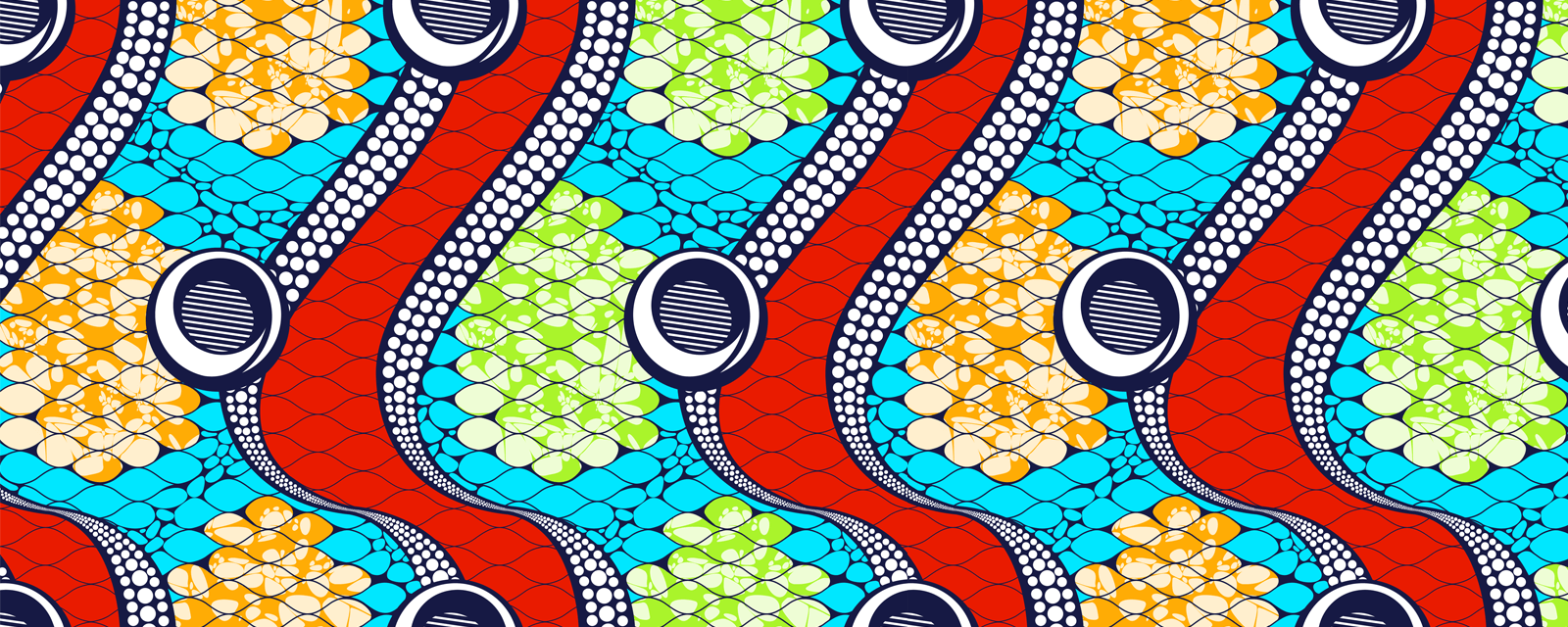An Oríkì (praise poem) in praise of Dada Areogun, one of the most famous Yorùbá carvers in wood (1880–1954). Born in the village of Osi, now known as Osi-Ilorin in Ekiti state. See the Ere-Yorùbá site for more information about Dada Areogun.
The artist’s real name was Dada, a traditional name Yorùbá peoples reserve for a new born with abundant curly or knotted hair. Àrẹògún is a shortened form of Àrẹògún-yànnà, and means ‘one who makes money with the tools of Ògún, and spends it liberally’. Ògún is the Yorùbá deity of iron, and thus the patron god of all professions that employ the use of metal tools, including blacksmiths, warriors, hunters, carvers, etc. See also the poem, Ogun, God of War.
Dada, who has Ogun’s money to spend. (1)
The end of his cloth is knotted like an infant’s umbilical cord.
One who awakens to a comfortable life in Igbeyin. (2)
Son of those who possess palm oil.
The expert, whose sculptures dazzle the beholder.
He made his reputation in Ijero.
He confronts the wicked bravely.
He carved and was given a horse.
Dada, who knows how to dance.
He carves hard wood as though he were carving a soft calabash.
He fed his younger children as though he were feeding an older person.
The fear of death does not make having a goiter pleasant.
The fear of death makes the removal of the goiter frightening. (3)
If one wants to remove it, he must cut himself and risk death.
Iremogun [Ogun], who turns wood into money.
Iremogun consulted divination at Ire.
Iremogun, native of the town where people are well fed.
Oye Olufadi. Obesity does not befit a man. (4)
The senior chieftaincy title was sold to them at Ire.
Son of those who came early. (5)
Natives of Ilagbede. (6)
Iremogun consulted Odu at Ire.
It was a quarrel that took Ogun to Iresa.
What has happened to the Ogun house of the blacksmiths?
Iremogun, native of the town where people are well fed. (7)
It is not good for a man to wake up in the morning and remain at home.
But it is appropriate for Olufadi to do it. (8)
Son of those who prosper from little.
Son of those who cough like elephants. (9)
Iremogun, native of the town where people are well fed.
One whose mother lived to see his greatness.
One who knows how to carve appropriately for kings,
Who carved for the Owa and gained favor. (10)
Son of those who are wily.
Son of those who worship Oyegbe and do not worship falsely. (11)
As in a favorable divination, he has nothing to hide.
From Rowland Abiodun, Henry J. Drewal, and John Pemberton III, eds.,
The Yorùbá Artist: New Theoretical Perspectives on African Arts,
(The Smithsonian Institution, 1994)
Footnotes
- Ogun: He is blessed by Ògún because his craft makes use of metal tools.
- Igbeyin and Ijero (line 6) are towns in Ekiti state.
- A goiter is a swelling of the neck or larynx resulting from enlargement of the thyroid gland. The metaphor here expresses the risks a carver takes with his art, whether to cut or not to cut.
- Oye Olufadi: A title
- i.e., whose ancestors were the first settlers.
- Ilagbede: The traditional home of blacksmiths.
- Iremogun: Ire in Ekiti state, dedicated to Ògún because it is a town of blacksmiths.
- Olufadi: Because he is a carver.
- Who speak with great authority.
- Owa: The title of the ruler of Ekiti state.
- Oyegbe: A hill, home of a local deity.

